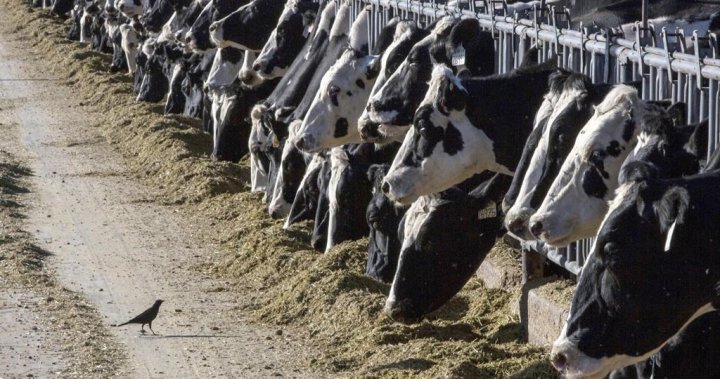

It entirely depends on how you want your homelab to work. I use a reverse proxy to set up subdomains for my publicly facing services because I find it easier and cleaner to assign a subdomain to each service, and I also like having HTTPS managed by a single point — a sort of single point of entry to the rest of the services. You’d have to decide what you want out of your homelab, and find and set up the services that yield the outcome that you want.




























What are its rules? I don’t see anything in the sidebar.